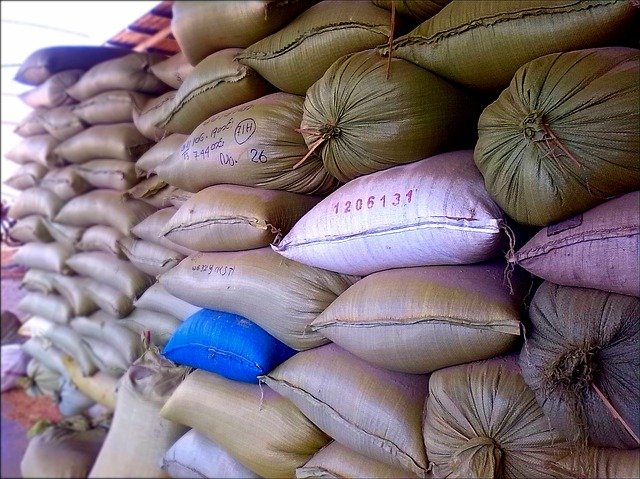
• The Bureau of Customs is eyeing the collection of P2.4 billion in tax deficiencies uncovered in a post-clearance audit of cooperatives that had imported rice in 2019 and 2020
• A post-clearance audit of rice imports for 2019 showed 48 cooperatives had tax deficiencies totaling P1.4 billion
• For 2020, BOC estimates another set of top 60 importers would yield an additional P1 billion in tax deficiencies from undervalued rice imports
The Bureau of Customs (BOC) is looking to collect P2.4 billion in tax deficiencies uncovered in a post-clearance audit of cooperatives that imported rice in 2019 and 2020, according to the Department of Finance (DOF).
Customs Commissioner Rey Leonardo Guerrero said a post-clearance audit of rice imports in 2019 showed that 48 cooperatives had tax deficiencies totaling P1.4 billion, DOF said in a statement. BOC is an attached agency of the DOF.
These 48 cooperatives came from an initial batch of the top 60 importers out of the list of over 320 cooperatives that imported rice last year, Guerrero said in his report to Finance Secretary Carlos Dominguez III during a recent DOF executive meeting.
READ: BOC tags 60 rice importers for post clearance audit
“They have been issued audit notices and subsequent demand letters for the payment of additional duties and taxes as a result of the under declarations (of their imports),” Guerrero reported.
The BOC chief said several of the importers with tax deficiencies are contesting the demand letters, slowing down the bureau’s efforts to collect the additional duties and taxes from them.
For this year, Guerrero said BOC estimates that a post-clearance audit of another set of top 60 importers would yield an additional P1 billion in tax deficiencies from undervalued rice imports.
READ: BOC collection from rice import tariff hits P13B
Agriculture Secretary William Dar earlier suspended the issuance of sanitary and phytosanitary import clearances (SPSICs) to cooperatives and irrigators’ associations, effectively barring them from importing rice. The suspension came after reports these organizations had resorted to rice imports rather than procure rice from local farmers as they should have done.
Both DOF and DA have also received reports that the SPSICs issued to cooperatives were misused by traders to avoid legal responsibilities and the payment of the correct import duties.
Earlier, Dominguez directed BOC and the Bureau of Internal Revenue (BIR) to assist the DA in investigating the reported use of cooperatives by private traders as dummies for rice imports.
According to Finance undersecretary Antonette Tionko, while cooperatives are not exempted from paying duties for importing rice, they can be exempted from paying the income tax subject to certain conditions.
All import duties collected from rice imports must go to the annual P10-billion Rice Competitiveness Enhancement Fund pursuant to the Rice Tariffication Act. The fund aims to raise palay productivity and sharpen the global competitiveness of local farmers by providing them with inputs, farm equipment, credit, and a mechanization program.




